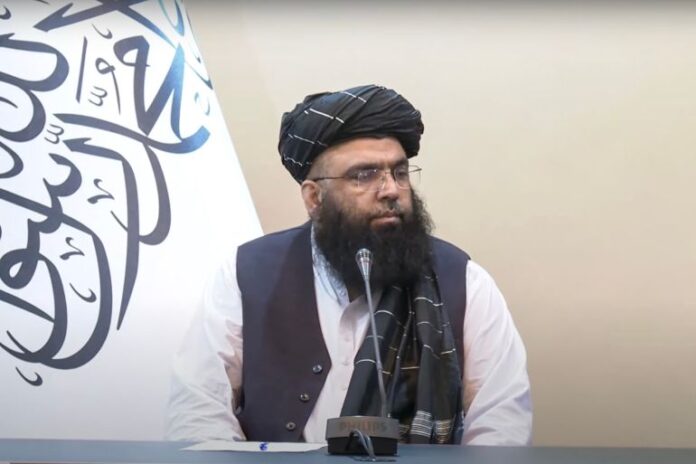The Islamic Emirate of Afghanistan has appointed Maulvi Abdul Kabir as its caretaker prime minister – the second most powerful position in the country after supreme leader.
Maulvi Abdul Kabir, 60, replaces Mullah Mohammad Hasan Akhund, 78, who has been in charge of the interim government since the Taliban took control of the country in August 2021.
IEA officials said the appointment was temporary as Mullah Akhund has been unwell and needed rest.
“He [Akhund] has been unwell for a few weeks and hence been replaced by Kabir until he recovers,” Sohail Shaheen, the head of Taliban’s political office in Doha, said on Wednesday.
Earlier, Zabihullah Mujahid, the spokesman of the Islamic Emirate of Afghanistan, as the Taliban government refers to the country, said Kabir’s appointment was part of the routine governance process as Akhund is under treatment and needed rest.
The 60-year-old was born in the northern Baghlan province, north of Kabul.
His first appointment came in 1996 as the governor of Nangarhar province along the country’s eastern border adjoining Pakistan.
Subscribe to our newsletter and stay updated on the latest news and updates from around the Muslim world!
Maulvi Abdul Kabir then served as the acting prime minister of the first IEA between 1996-2001).
He took shelter in Pakistan after the Taliban government was toppled in a U.S.-led invasion in 2001.
The United Nations Security Council listed Kabir as a sanctioned person in January 2001 for his roles in the first IEA as the second deputy of economic affairs, member of the council of ministers, governor of the Nangarhar province, and head of the eastern zone.
He reemerged to play a key role in the 2020 Doha Agreement with the United States. The agreement facilitated a political settlement to end the long-standing conflict in Afghanistan.
Key provisions included a withdrawal of U.S. and NATO forces from Afghanistan; the Taliban providing assurances that they would prevent any international terrorist groups or individuals from using Afghan soil to threaten the security of the United States and its allies; and a provision for the release of prisoners held by both the Afghan government and the Taliban.
Under the current IEA, Kabir has served as a political deputy to Akhund before his elevation on Wednesday.























